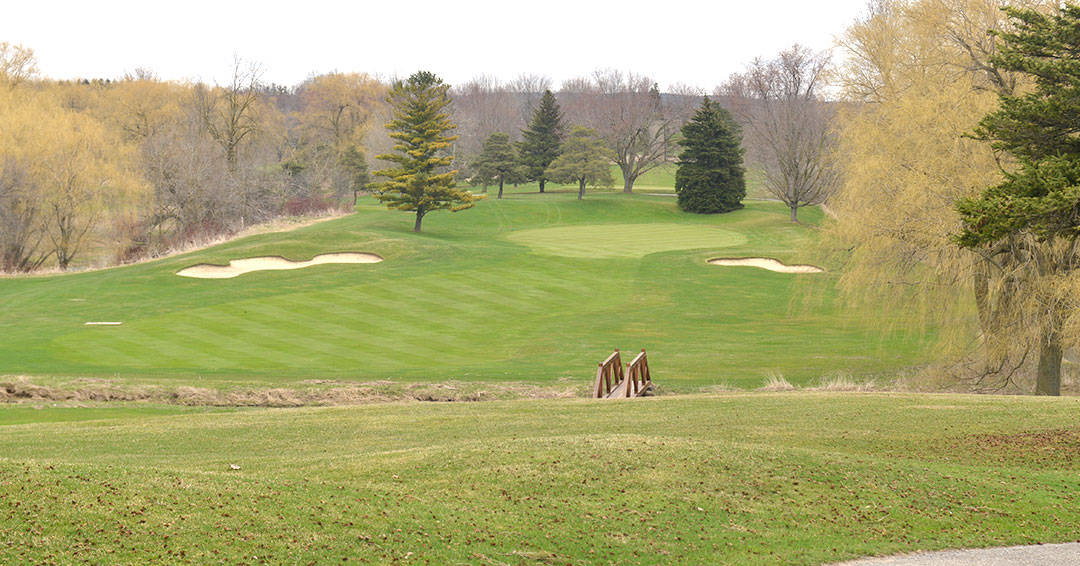In a history that dates back more than two centuries, Mennonites in Canada have a number of connections with Indigenous peoples. In a climate shaped by the Truth and Reconciliation Commission, those connections will be explored next month in a conference entitled Indigenous Mennonite Encounters in Time and Place: A Gathering of Body, Mind, and Spirit.
The work of Conrad Grebel University College in Waterloo, the event is more than an academic conference, intended to be something of a community outreach effort that embraces music and storytelling as part of the process.
“It’s not intended to be mainly an academic conference. There’s academic style presentations that are supposed to be a community education event as well. And, you know, certainly education and learning happens through the arts as well, not just through spoken research,” explains organizer Marlene Epp, a professor of history and peace and conflict studies at Conrad Grebel.
“It evolved from really a series of conferences that the Mennonite Historical Society of Canada has hosted and continues to host, usually in Winnipeg, but occasionally we plan and host them out here. There’s a growing body of research, growing community interest in the relationship between Mennonite migrations and settlement and Indigenous peoples in Canada.”
Epp notes that Mennonite settlements in this area date back to the late-18th century.
“It’s easy to ignore, for instance, in Waterloo Region here that we’re on the Haldimand Tract that was granted to the Six Nations in 1784 and it was just a few years later, less than two decades, that Mennonites started coming from Pennsylvania. So Mennonites were the first permanent white settlers in this area,” she said.
“Their story has always been told of coming to virgin forest, pioneering the soil as if there was nothing here – they were the ones who turned the soil into fertile farmland. So the story goes, that there was nothing here. Well, of course, there were Indigenous people then, and certainly earlier, who had also farmed, who lived here, and who some of the Mennonites encountered, but they’ve largely been written out of the story.”
Changing that narrative is one of the goals of the event, which will run May 12-15.
Music will play a significant part in this conference. Grebel music professor Karen Sunabacka, worked with a local group, the Andromeda Trio, to explore Indigenous and Mennonite history through music.
“Miriam Stewart-Kroeker, cellist of the Andromeda Trio has Mennonite heritage, and I have Métis heritage,” said Sunabacka in a release. “We all felt that it was a good and timely project and one that addresses #83 in the Truth and Reconciliation Commission of Canada calls to action, which states: We call upon the Canada Council for the Arts to establish, as a funding priority, a strategy for Indigenous and non-Indigenous artists to undertake collaborative projects and produce works that contribute to the reconciliation process.”
Along with Stewart-Kroeker, the Andromeda Trio features Marcus Scholtes on violin and Heidi Wall on piano. Formed in Waterloo in 2014, they have performed for many chamber music series, including for the Kitchener-Waterloo Chamber Music Society, Guelph Connections Concert Series, Laurier Noon Hour Series, Toronto Chamber Players and the Conrad Grebel Noon Hour Series.
There will also be a free public concert performed by two-spirit Juno Award-nominated Cree cellist Cris Derksen. She has Cree and Mennonite heritage, and her music sits firmly on the intersection of Indigenous and Mennonite encounters.
Derksen was commissioned to write a choral piece for the concert called “kâ-nîmihitocik: They Who Are Dancing,” and she will perform alongside the Grebel choir led by music professor Mark Vuorinen. Derksen will also perform a solo cello piece with electronic works along with a dancer.
“We commissioned her to compose a piece of music that will be premiered at the event – she agreed and was excited,” said Epp.
“We also commissioned Karen (Sunabacka) to compose a piece which reflects on Mennonite-Métis interactions on the prairies – Karen is Métis from Manitoba – so that will also be premiered.”
The event is open to everyone interested in learning more about Indigenous Mennonite encounters. There will be in-person activities such as a gathering at the Ceremonial Fire Grounds and an outdoor photography exhibit “On the Land” by Bangishimo Johnston. The intent of the academic sessions and in-person activities is to address the past of Mennonite settlers’ colonial history and make an effort to advance reconciliation and bring justice to Indigenous-settler relations.
Registration is required to attend. Find more information online.









